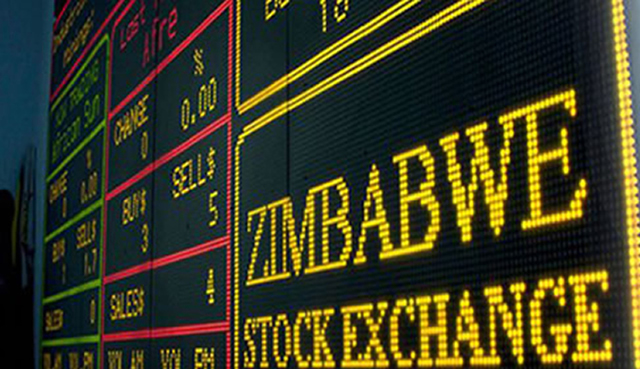Economic cycles have become shorter and more volatile. One only has to look at the devastating effects of the global financial crisis of 2008, whose effects five years down the road are still being felt across the globe.
It is clear that the advances in technology, communication and transportation over the last 50 years have played a major role in shortening economic and product life cycles.
A good example is Nokia, which was a market leader in the mobile phone industry a decade ago and whose 1100 handset released in 2003 became the best-selling mobile phone of all time with over 200 million units shipped.
When mobile phone technology shifted to smart- phones, Nokia found itself unable to compete against new and better brands, resulting in its market share for smartphones dropping from 47 percent in 2007 to 3,1 percent in 2013. In the face of serious competition from the likes of
Apple and Samsung, the Finnish company decided to sell its mobile phone business to Microsoft in September this year for a flimsy US$7,2 billion, despite the company's market value having topped US$200 billion a decade ago.
The same can be said about a number of former blue chip counters on our Zimbabwe Stock Exchange, whom at one point in history were among the most treasured companies by investors, but for one reason or another ended up being relegated to penny stocks or even worse liquidation.
The recent alarming rate at which companies are going into judicial management or being delisted from the ZSE should be a serious concern for all Zimbabweans especially for the Government which relies heavily on such companies for tax revenue.
The Zimbabwean situation, however, is a bit more complicated because it was a concoction of factors that have driven companies out of business. Prior to dollarisation of the economy, factors such as hyperinflation and economic stagnation made most companies operating in
Zimbabwe uncompetitive compared to regional and international peers as only a few companies, if any, could afford to invest in capital ex-penditure.
Foreign currency was scarce therefore businesses could not import crucial raw materials, traditional local supply chains from the agricultural sector were cut and real interest rates on several occasions were very high which made the cost of borrowing during this era very expensive.
Companies operating in Zimbabwe during this era lost their most important asset which was their skilled labour force that left the country for greener pastures in the Diaspora. Post-dollarisation, this loss in skilled labour has come back to bite most companies once again.
Upon dollarisation, a number of old challenges such as dilapidated and outdated equipment, high borrowing costs and shortages in capital re-emerged, whilst new challenges such as increasing and uncompetitive labour costs, to name a few, also popped up.
With most companies listed on the ZSE purportedly surviving the hyperinflation storm, the outlook in 2009 seemed very positive considering where they had come from and also because of the stability that had been ushered in by the new multi-currency regime.
The list of former blue chips such as Cottco (now AICO), Art Corporation, CFI Holdings, the Apex Group, Murray & Roberts (now Masimba), PG Zimbabwe, CAPS Holdings, Cairns, ZSR (now starafrica), TA Holdings, and Rio Tinto Zimbabwe (now RioZim), to name a few, tell a tale of what the Zimbabwean economy was before and after hyperinflation.
Before hyperinflation the economy was skewed towards the productive sectors which used to account for the bulk of employment, generate exports (forex receipts) and tax revenue for the country.
After hyperinflation the consumer sector on the back of growing real incomes of the new middle class and informal sector, became the dominant sector as the country's productive sector had become hamstrung by outdated equipment, high labour and operating costs, poor management, and working capital challenges.
- herald
 Chiwenga, Tagwirei tiff is not a fragmentation of Zanu-PF
Chiwenga, Tagwirei tiff is not a fragmentation of Zanu-PF  South Africa's debt-to-GDP ratio worsens under Ramaphosa
South Africa's debt-to-GDP ratio worsens under Ramaphosa  UK's Boris Johnson quits over Brexit stretegy
UK's Boris Johnson quits over Brexit stretegy  First Mutual to list Zimbabwe's first gold ETF
First Mutual to list Zimbabwe's first gold ETF  Mthuli Ncube declares surplus despite only 35% of budget spent
Mthuli Ncube declares surplus despite only 35% of budget spent  Namib Minerals injects US$300m to revive Zimbabwe mine
Namib Minerals injects US$300m to revive Zimbabwe mine  Young Investment Professional (YIP) Graduate Programme 2019
Young Investment Professional (YIP) Graduate Programme 2019 











 Young Investment Professional (YIP) Graduate Programme 2019
Young Investment Professional (YIP) Graduate Programme 2019
Editor's Pick